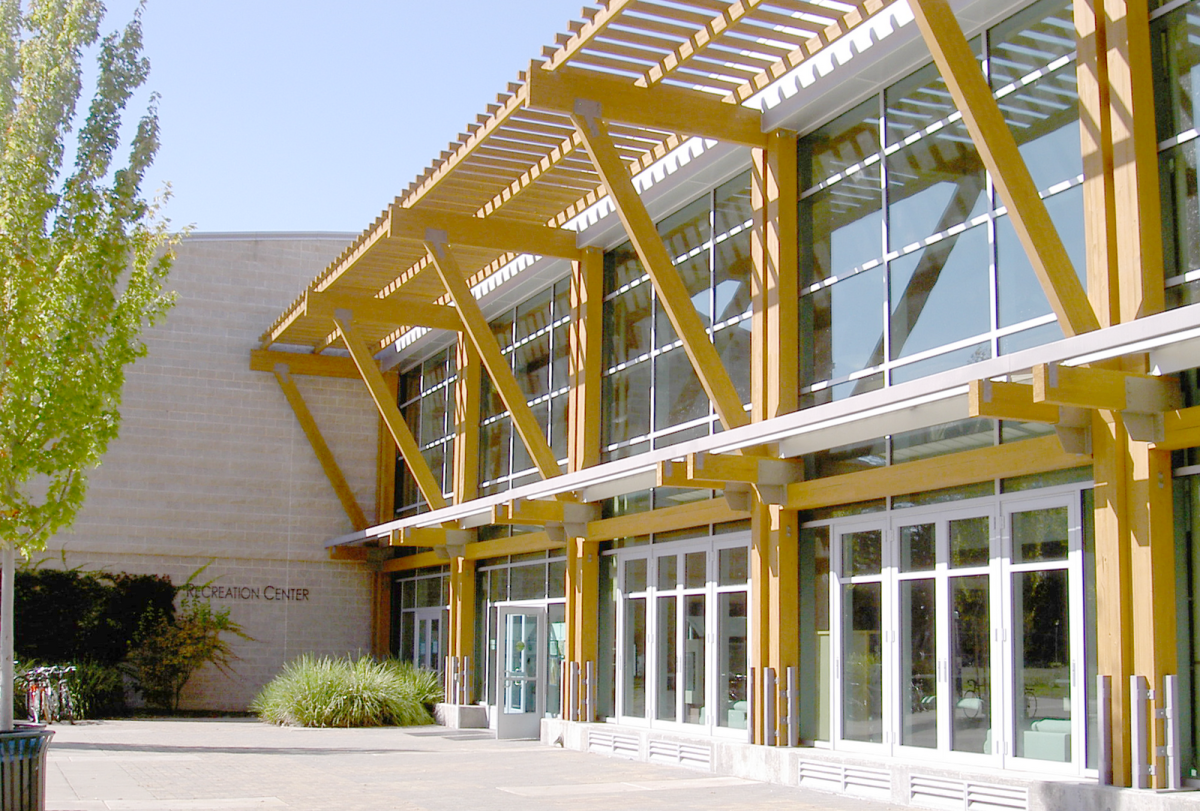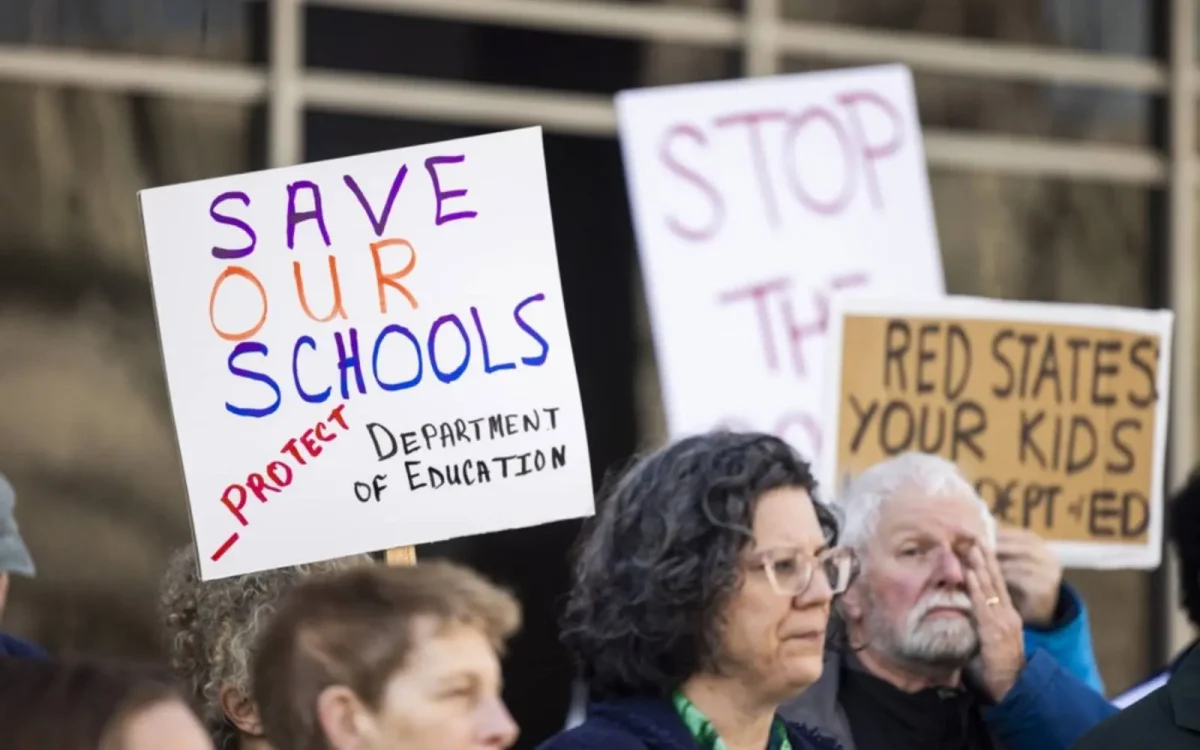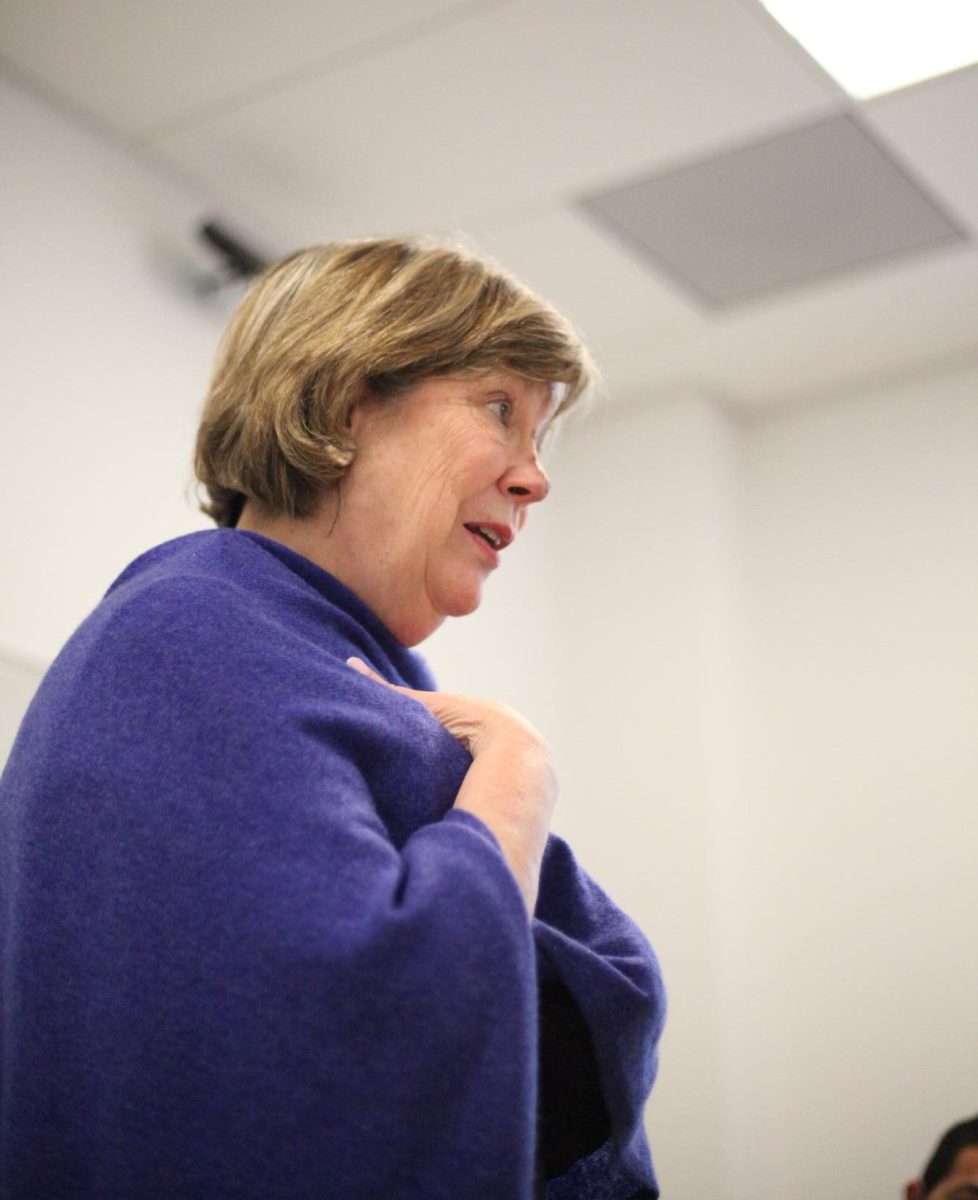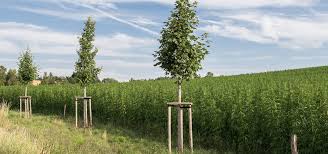Santa Rosa Junior College will soon become the first community college in California to offer hemp agriculture courses. Beginning this spring, students can enroll in hemp production classes within the Sustainable Agriculture and Horticulture programs, but by fall 2020, SRJC hopes to launch a specialty degree program focused entirely on hemp. Introduction to Plant Science, Soil and Plant Nutrition, Integrated Pest Management, and Organic Crop Planning and Production are just a few of the many classes that will be included in the program.
“Hemp is a versatile plant at the center of a multi-billion dollar legal industry for medicine, fiber, oil, seeds, textiles and more. We are preparing our students with the knowledge and skills to be competitive in the workplace,” said SRJC’s Dean of Agriculture Benjamin Goldstein in an interview with Bay City News Service.
Contrary to some common misconceptions, the hemp plant (Cannabis Sativa L.) contains less than 0.3% THC, and cannot be used as a psychoactive drug. Hemp and marijuana plants look and smell exactly alike, and are commonly mistaken for one another. Hemp, however, is a highly sustainable renewable resource that is utilized for a wide variety of purposes. In recent years the crop has skyrocketed in popularity, with hemp-based clothing, hemp-based paper, and food products such as hemp seeds and hemp milk becoming increasingly widespread. Hemp can even be used as an alternative to plastic, a product, so many conscious consumers are currently attempting to move away from. It is a high yield, fast-growing crop. The National Hemp Association proudly calls it “the only plant that can feed you, house you, clothe you and heal you.”
While students will not be growing marijuana on campus, the knowledge gained from these courses is applicable for doing so. SRJC does not take a stance on how students will choose to apply their expertise in the future.
“Hemp is a dynamic crop with a myriad of uses. It is ideal for teaching plant science and plant propagation techniques in indoor and outdoor environments while addressing the tenets of agro-ecological sustainability. As a plant science instructor, I am thrilled to utilize hemp in my classes as an educational tool,” said SRJC faculty member Dr. George Sellu in a statement.
Despite hemp’s immense popularity and high profitability, hemp cultivation is currently illegal in Sonoma County, likely in part because of the crop’s close resemblance to marijuana. Many local farmers hope to eventually add hemp plants to their agricultural operations, bringing in extra profit and diversifying production, but are unable to do so because of current regulations. SRJC received an exemption from the current ban due to its program existing for educational purposes. Sonoma County Agricultural Commissioner Tony Linegar told The Press Democrat that the future of hemp production is “very uncertain”.
Regardless of hemp’s future in Sonoma County, one thing is certain: hemp cultivation is a booming industry throughout California and an increasingly popular trend across the state. Bringing in a whopping $1.1 billion in revenues across the United States last year, hemp products could very well dominate the agricultural industry in the future. SRJC students choosing to further their education in hemp cultivation could easily be stumbling upon a financial goldmine, preparing themselves for a prosperous future in a rising industry.





































